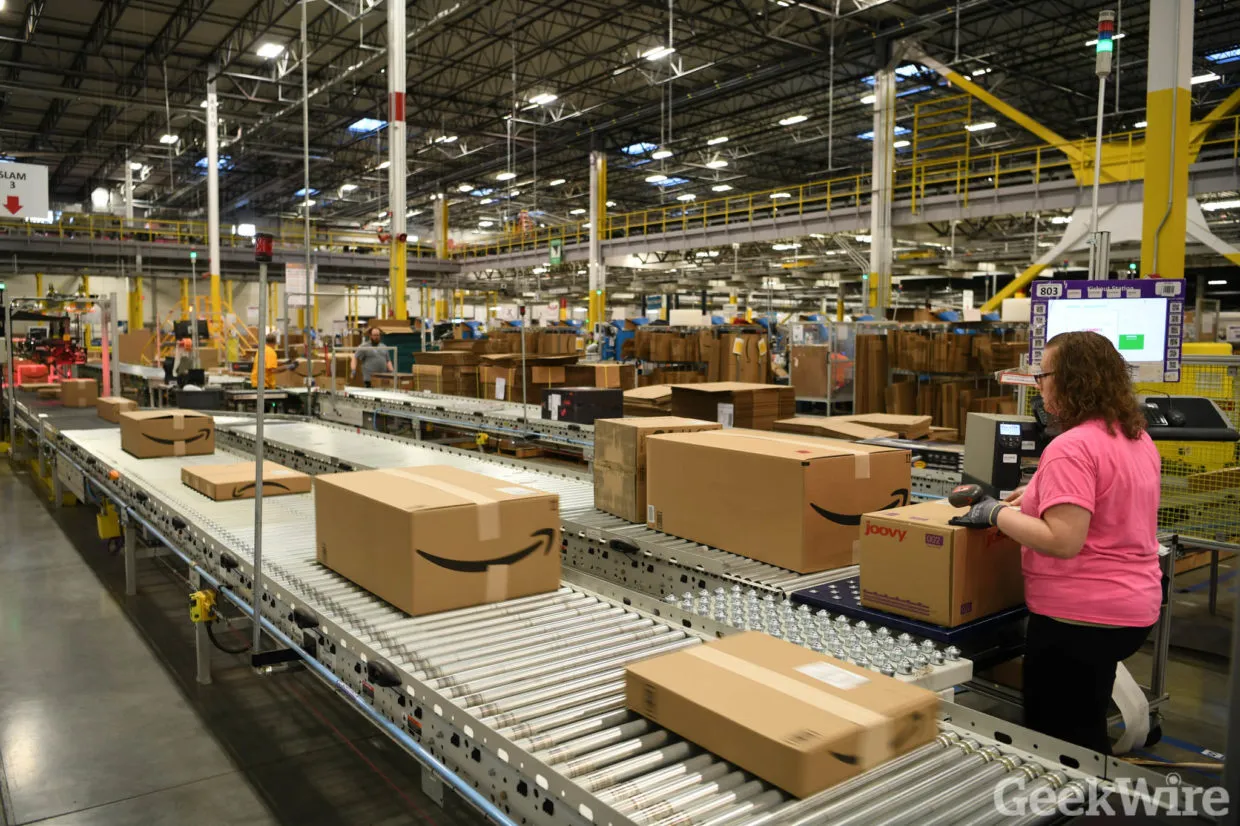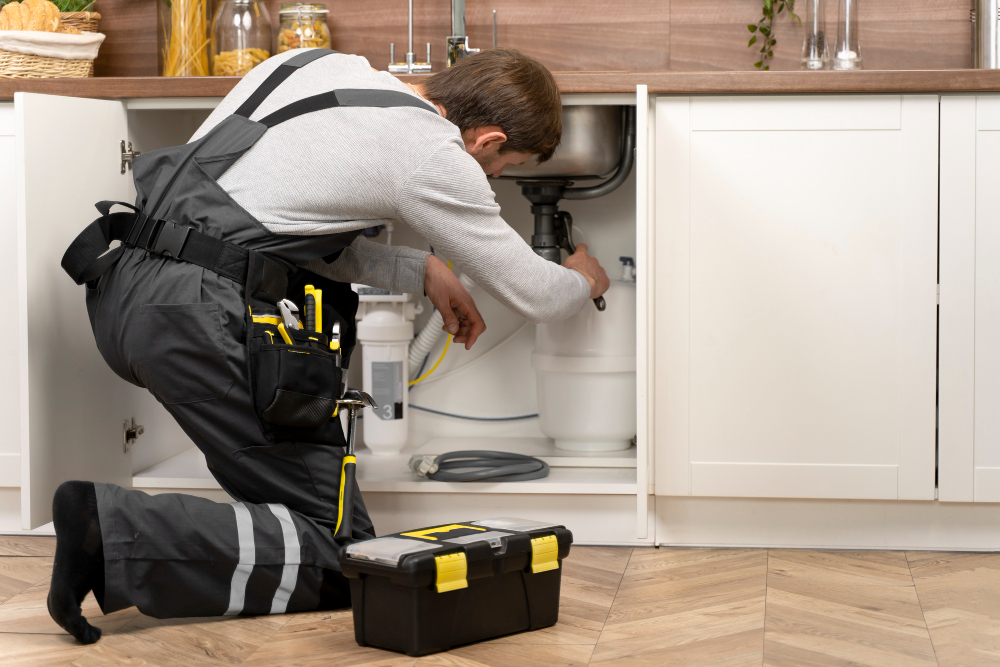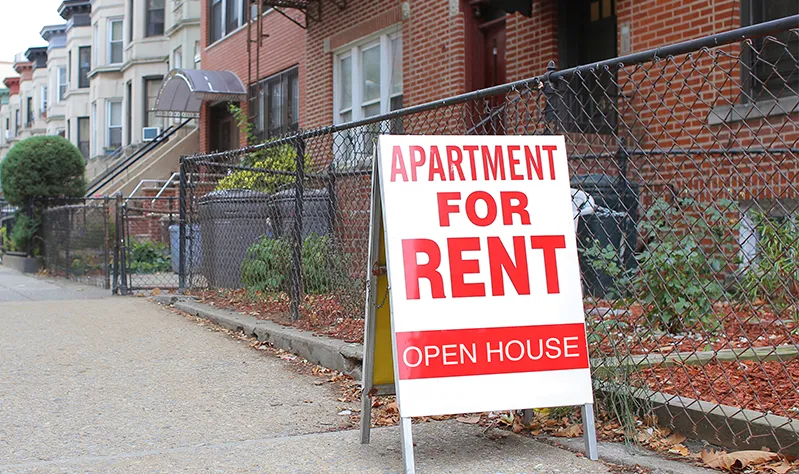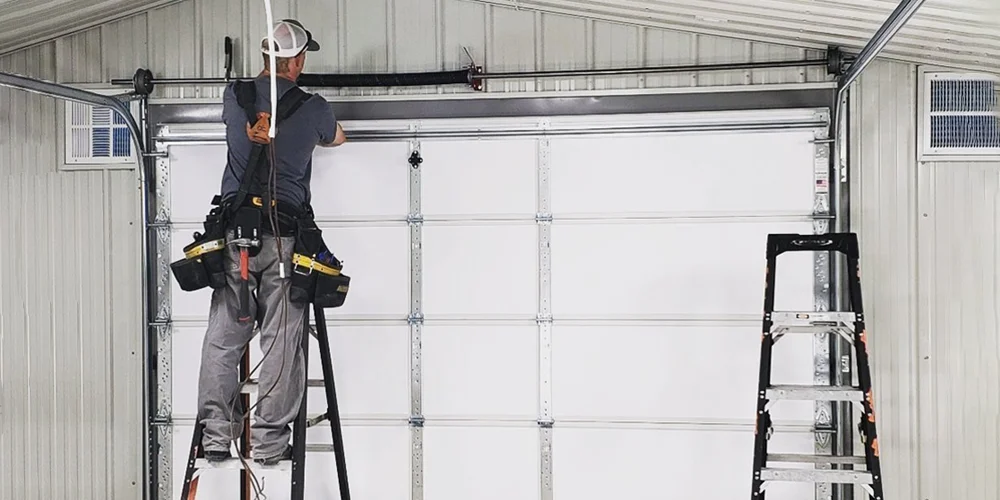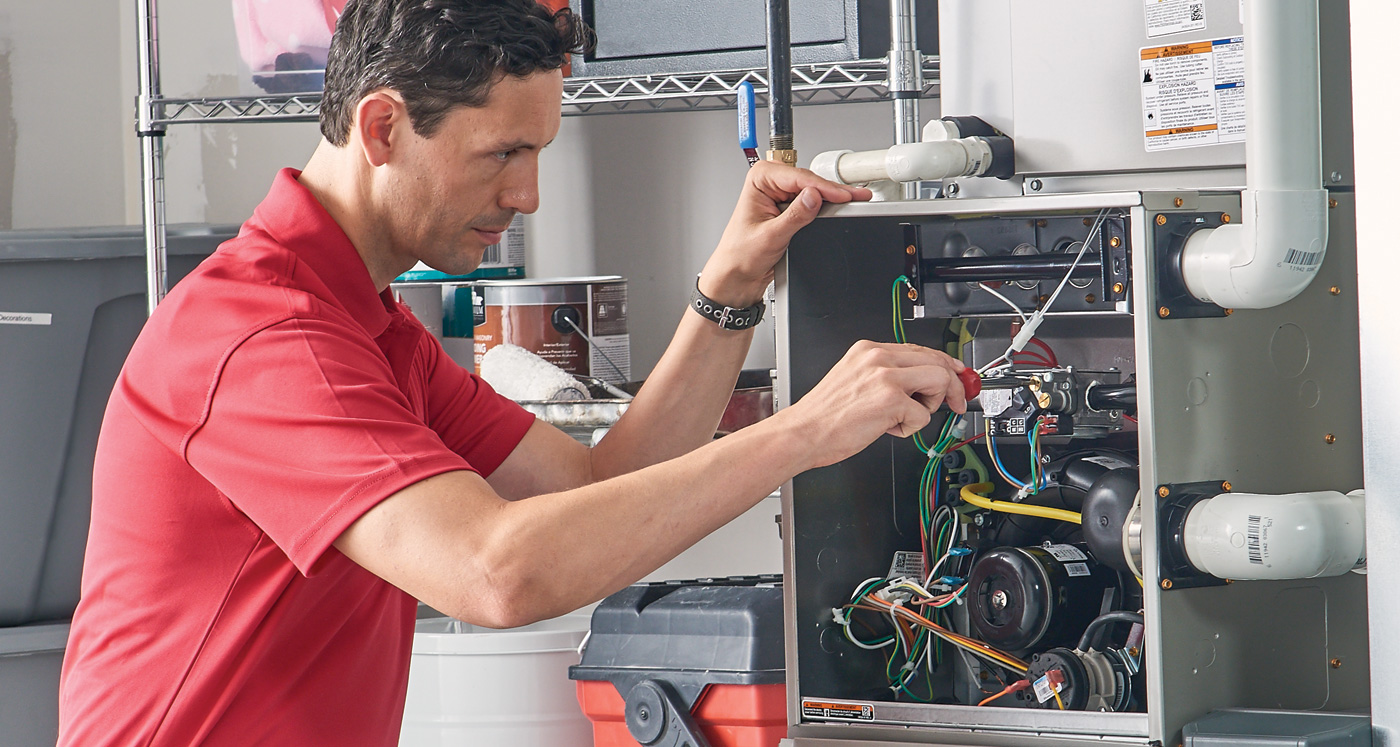Guide to HVAC Repair Costs
Understanding the costs of HVAC repair services in your area is crucial to managing your budget effectively. This guide will walk you through the various factors that influence these costs, help you estimate expenses, and offer tips on finding the most reliable and affordable HVAC repair services near you.
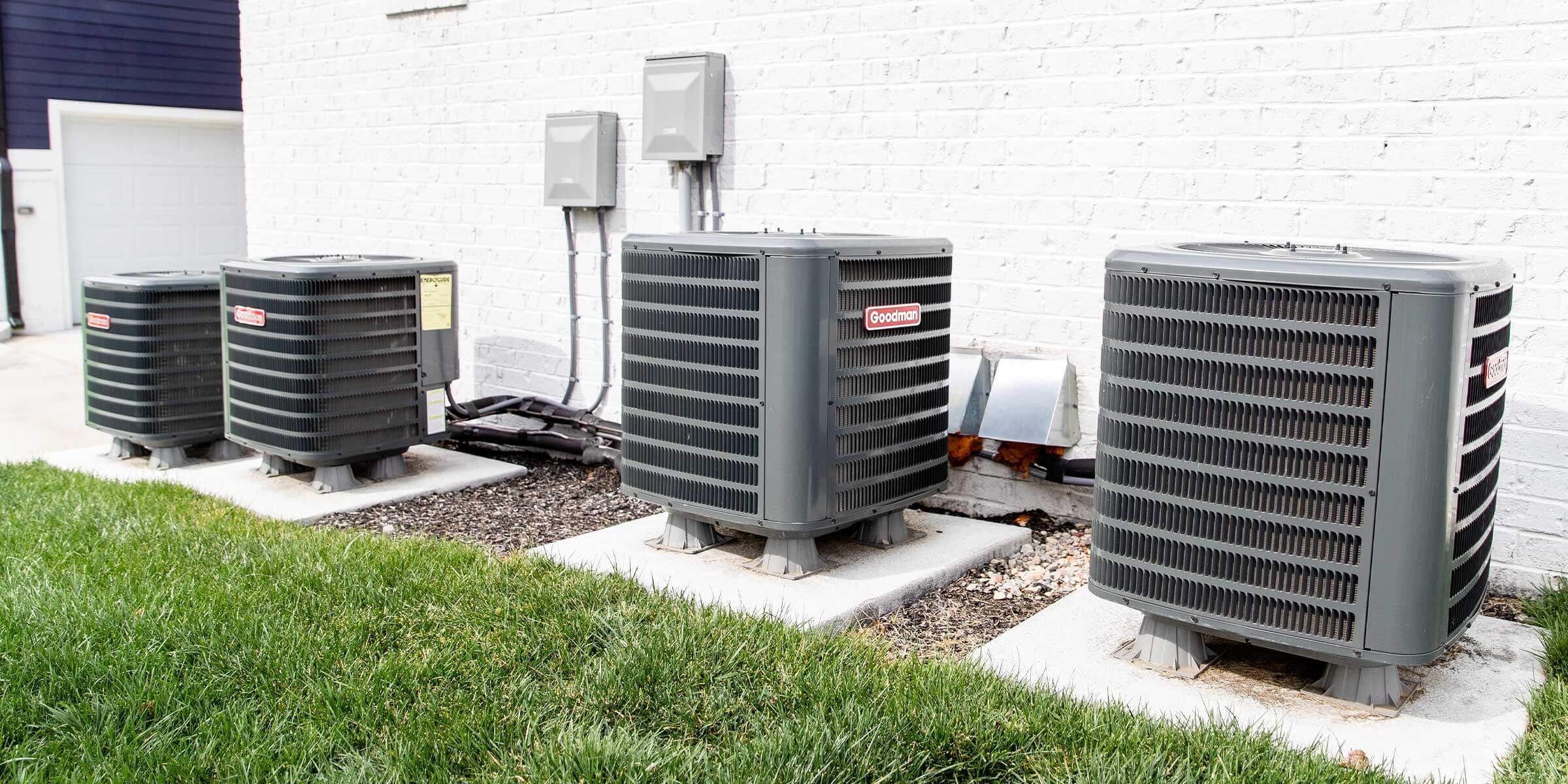
Understanding HVAC Repair Costs
When it comes to HVAC repairs, the costs can vary significantly depending on several factors. It's essential to have a clear understanding of these factors to make informed decisions about your repair needs.
1. Type of HVAC System
The type of HVAC system you have will heavily influence the repair costs. Whether it's a central air system, a ductless mini-split, or a heat pump, each system has its own complexities and associated costs. Central air systems, for instance, may require more extensive repairs due to the network of ducts involved, while ductless systems might involve different challenges and parts.
2. Nature of the Problem
The specific issue affecting your HVAC system is another major cost determinant. Common problems include refrigerant leaks, thermostat malfunctions, and broken compressors. Minor issues like clogged filters or a malfunctioning thermostat are generally less expensive to fix, while more severe problems, such as a failing compressor, can be quite costly.
3. Labor Costs in Your Area
Labor costs can vary widely depending on your location. In some areas, the cost of living and demand for HVAC services can drive up prices. It's important to get quotes from multiple service providers in your vicinity to get a sense of the going rate. Keep in mind that while it might be tempting to choose the cheapest option, the quality of service should also be a key consideration.
4. Cost of Replacement Parts
Replacement parts are another significant factor in HVAC repair costs. The price of these parts can vary based on the brand, availability, and the age of your system. Older systems might require parts that are harder to find and therefore more expensive. Additionally, choosing high-quality parts can increase costs but often results in longer-lasting repairs.
Average HVAC Repair Costs
While costs can vary, having a ballpark figure for common repairs can help you budget accordingly. Below are some average costs for typical HVAC repairs:
- Thermostat Repair or Replacement: $100 - $300
- Refrigerant Leak Repair: $200 - $1,500
- Compressor Replacement: $1,200 - $2,800
- Fan Motor Replacement: $400 - $600
- Electrical Issues: $150 - $500
- Condenser Coil Replacement: $900 - $2,800
Tips for Finding Reliable HVAC Repair Services Near You
Finding a trustworthy HVAC repair service near you is crucial to ensuring quality repairs at a fair price. Here are some tips to help you locate the best service providers in your area:
1. Ask for Recommendations
Start by asking friends, family, or neighbors if they have any recommendations for HVAC repair services. Personal referrals can often lead to trustworthy and reliable service providers who have a proven track record.
2. Check Online Reviews
Online reviews on platforms like Google, Yelp, and Angie’s List can provide valuable insights into the reputation of local HVAC companies. Look for companies with consistently high ratings and positive feedback from customers.
3. Get Multiple Quotes
Don’t settle for the first quote you receive. Instead, get estimates from several different companies to compare prices and services. This approach can help you avoid overpaying and ensure that you receive fair and competitive pricing.
4. Verify Credentials and Experience
Ensure that the HVAC repair company you choose is licensed, insured, and has a solid track record of experience in the industry. Proper credentials and experience are key indicators of professionalism and reliability.
5. Inquire About Warranties
Ask about any warranties or guarantees offered by the HVAC repair service. Reputable companies often stand behind their work and offer warranties on parts and labor, which can provide you with additional peace of mind.
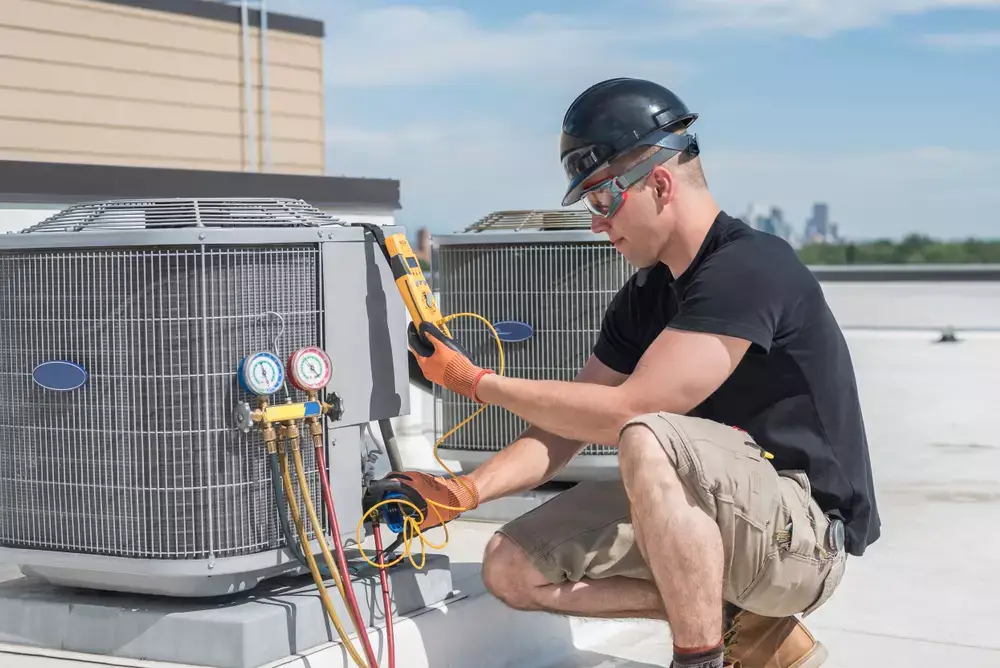
When to Consider Replacing Your HVAC System
While repairs are often the first course of action, there are situations where replacing your HVAC system might be more cost-effective in the long run. Consider the following factors when deciding between repair and replacement:
1. Age of the System
If your HVAC system is more than 10-15 years old, it may be nearing the end of its lifespan. Frequent repairs on an aging system can add up quickly, making replacement a more economical choice.
2. Frequency of Repairs
Frequent breakdowns and the need for constant repairs are strong indicators that your HVAC system is struggling. In such cases, replacing the system may be more cost-effective than continually investing in repairs.
3. Energy Efficiency
Older HVAC systems tend to be less energy-efficient, leading to higher utility bills. Upgrading to a newer, more efficient system can save you money on energy costs and reduce your environmental footprint.
4. Repair Costs vs. Replacement Costs
If the cost of repairs approaches or exceeds the cost of a new system, replacement becomes the more logical choice. A new system will not only be more reliable but also come with a warranty that can save you money on future repairs.
Conclusion
Understanding the costs associated with HVAC repairs and knowing how to find reliable services near you are essential steps in maintaining a comfortable and efficient home environment. By considering the factors outlined in this guide, you can make informed decisions that balance quality, cost, and convenience. Whether you opt for repairs or decide it’s time to replace your HVAC system, having the right information will help you achieve the best results.
You May Also Like:

